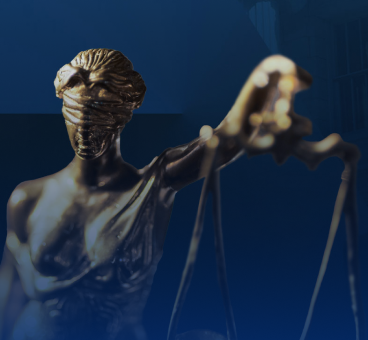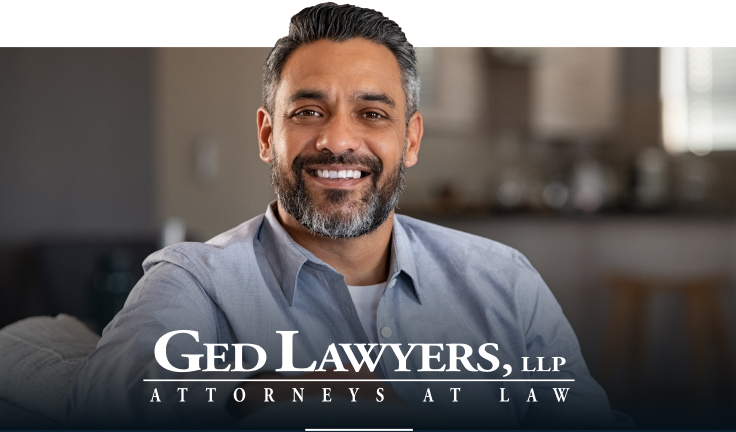
If someone’s negligent or wrongful act caused the death of your loved one, the shock and grief felt after such an unexpected event can disrupt your family’s lives significantly. In the moment, you may react out of instinct and inadvertently make mistakes in the pursuit of a wrongful death claim that could negatively impact the financial outcome of your case.
In this article, our legal team offers guidance on what mistakes to avoid as you seek fair compensation for you and your family. If you have specific questions or concerns, contact our Boca Raton wrongful death lawyers for assistance.
What Mistakes Do People Commonly Make After a Wrongful Death?
This guide highlights eight key missteps to avoid, including neglecting to investigate the accident, speaking with the insurance company without legal representation, and delaying the filing of your lawsuit. By steering clear of these errors and seeking professional guidance, you can protect your family’s interests during this challenging time.

1.Not Investigating the Accident
It may be necessary for an accident investigator to break down the circumstances of the incident that led to your loved one’s death. The investigator will gather evidence such as eyewitness statements, visual data, and documentation that leads to the identification of all the liable parties. Without an investigation, you may assume that one individual was at fault when in reality, multiple parties may have been at fault, and that might affect your settlement or judgment.
Do not make assumptions about the facts leading to your loved one’s death. Not only may you miss out on the financial compensation you and your family are due from multiple insurers, but you may also fail to uncover proof of gross negligence, which could affect the compensation settlement amount(s).
2.Speaking with the Insurance Company Alone
Your legal battle for monetary compensation begins at the time of your loved one’s wrongful death. If you speak with the liable party’s insurance company without the aid of a wrongful death attorney, the insurer’s lawyers may inundate you with legalese and slanted interpretations of the law. This may result in you and your family accepting a fraction of the compensation you deserve for your future.
Do not speak with an insurance adjuster without an attorney experienced in Florida’s wrongful death laws by your side.

3.Delaying the Filing of a Wrongful Death Lawsuit
Florida Statutes § 95.11 generally allows your family two years from the date of death to file a wrongful death lawsuit against the liable party. Because a portion of those two years is usually taken up by negotiations with an insurance company for a settlement, the time allowed is minimal.
If negotiations fail and you are forced to use the courts to seek compensation for your family, it is critical that you not miss the filing deadline. If you do, you may be barred from taking legal action, leaving you and your family with nothing.
Do not delay preparing for legal action to protect your family’s rights.

4.Discussing Your Case Online or with Friends
The liable party can use all available information to support limiting or even denying compensation for your loved one’s wrongful death. You and your family may share thoughts online or with friends that, if taken out of context or misconstrued, could be used by the insurance company to hurt your claim.
Do not speak about your wrongful death claim with anyone other than your attorney and other survivors.
5.Guessing the Value of Your Wrongful Death Claim
Before filing a wrongful death compensation claim, you must have a solid idea of what the losses are and how much they are worth. By not including all compensable losses, and not having your losses evaluated by experts before filing your claim, you and your family may be shortchanging yourselves.
Do not move forward with your wrongful death claim until you have had it analyzed by financial, legal, and medical experts.
6.Not Preserving Crucial Evidence
A wrongful death claim must have evidence that proves liability. Without evidence, there is no claim. As the plaintiff, you must find and safely store evidence for the insurance claim or wrongful death lawsuit.
All documentation of expenses and losses, such as police reports, medical care, funeral costs, counseling, and financial support, along with images or CCTV footage of the accident scene, witness statements, and your notes of the accident and its effect on your family should be copied and kept in a safe place.
Do not lose track of evidence as that may leave you with no proof and no way to file a claim for compensation.
7.Accepting a Quick Settlement
The unexpected death of a loved one can cause the family serious financial strain. It is tempting to accept a quick settlement offer—if for no other reason than to make sure the bills are getting paid. However, the initial offer will nearly always be the lowest. The strength of your evidence and the negotiation skills of your attorney will help in the pursuit of a full and fair wrongful death settlement.
Do not accept the first settlement offer you receive. Your attorney can help you manage financial obligations while awaiting the favorable outcome you and your family deserve.
8.Not Encouraging Open Communication Among Survivors
No two people experience grief in the same way. The emotional trauma of losing a loved one and the different ways people communicate can cause rifts between survivors. If this happens, it may complicate and even slow down the claims process.
Do not let hurt feelings or differences of opinion get in the way of finding a resolution that works for everyone during this difficult time.
Contact Our Firm for Compassionate Legal Guidance When You Need It Most
GED Lawyers has fought for the rights of Floridians for 30 years. We are a law firm with a history of winning and we are here to help your family find the future they deserve. We can review the specifics of your claim, advocate for your rights and provide you with legal advice to avoid mistakes after a wrongful death.
Contact us today for your free case consultation. If at the end of your free consultation, you would like us to take on your case, we will work on a contingency fee basis. This means that we do not accept payment until we win your case. If we don’t win, you won’t pay.
